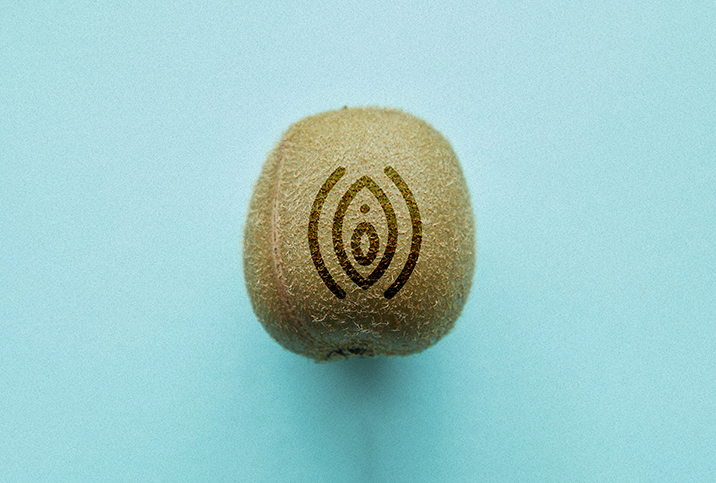Common Vaginal Conditions: Myths & Misconceptions

Some of the beliefs we carry about our vaginal health are myths passed down through generations, while others spring up alongside fads and trends. It seems that no matter how many myths science debunks, a new batch rises up to replace them. To keep your sexual health in the best shape possible, stay on top of what’s true and what’s bogus.
Myth: Yeast infections are caused exclusively by sex.
Reality: Let’s clear this up once and for all. Yeast infections are caused by an overgrowth of the fungus Candida. This common misconception is yet another lie some women have been told to keep them from having premarital sex. The truth is that a yeast infection is caused by the flora balance in your vagina, which is impacted by a wide number of factors. Yes, frequent or vigorous intercourse can lead to a yeast infection, but sex is neither the primary nor the exclusive factor.
The most common causes of vaginal yeast infections are women's grooming habits. Women too often hear that the vagina is dirty and needs to be thoroughly washed, but often, it’s that sort of excessive cleaning that leads to yeast infections. If you let your vagina self-regulate and clean itself naturally via discharge, your flora will stay balanced and yeast infections will stay largely in check.
Myth: A garlic suppository can clear up a bacterial infection.
Reality: Garlic can be beneficial to your vaginal health, but do not insert a clove of garlic into your vagina. This old remedy will most likely end with a visit to your gynecologist to retrieve a rotting garlic clove from your vagina. Instead, try the more effective (and tastier) option of ingesting garlic to protect your vaginal health.
In 2014, researchers found evidence that taking oral garlic tablets can be just as effective as taking metronidazole, the most common antibiotic prescribed for bacterial vaginosis, without the side effects. This finding is great news for women who have sensitivities to antibiotics or are worried about them impacting their vaginal pH. However, if you try garlic tablets and your infection is still present after seven days, visit your gynecologist.
Myth: Eating acidic food prevents bacterial vaginosis.
Reality: At first blush, this myth makes sense. The vagina has a naturally acidic pH, and the less acidic that pH becomes, the greater the risk of developing bacterial vaginosis (BV). The logic follows that to keep BV at bay, you simply need to keep your vagina acidic, and what better way to do that than with acidic food?
However, the relationship between food and the body isn’t as simple as “acidic food equals acidic pH.” In fact, it’s generally better for your vaginal health and BV risk to have a diverse, nutrient-rich diet, not one that focuses too narrowly on one category of food. If you do want to apply some dietary rules for your reproductive health, avoid high-fat foods, especially saturated fats, and opt for probiotics such as those in Greek yogurt. Some other nutrients that may reduce BV risk include folates, vitamin A and calcium.
Myth: Trichomoniasis is caused by having sex with multiple partners.
Reality: Yes, having multiple partners does increase the risk of contracting any sexually transmitted infection (STI), but it’s not a necessary factor. All it takes is one unprotected encounter to become infected. This is especially true because a partner may not know they’re carrying the disease and, therefore, may not use appropriate protection.
Like many STIs, "trich" presents either no symptoms or ones that are vague and easily confused for other conditions, such as a yeast infection. If a person experiences such symptoms, dismisses them and goes on to have unsafe sex, the infection can easily spread. This is why it’s important to test for STIs regularly, even when you aren’t experiencing symptoms, and to consistently use protection during any kind of sexual contact—yes, every single time.
Myth: Frequent vaginal itching is a sure sign of infection.
Reality: Vaginal contact dermatitis, or vaginal itching, is a very common condition that most women assume is a sign of a hygiene issue or an infection. Unfortunately, at-home treatment often entails excessive cleaning of the vagina, which can make this condition worse as most soaps only further irritate the vulva. It is important to clean the vulva with moisturizing soaps rather than deodorant ones, which are too harsh for delicate female tissues. Deodorant soaps can cause dermatitis or even various vaginal infections by disrupting the pH.
The reality is that if you experience recurring vaginal itching, it’s less likely that an infection is to blame and more likely that you have genital eczema. This common vaginal condition can go on for years untreated because the redness, irritation and swelling can mimic chronic bacterial vaginosis. If this sounds familiar, you may want to have a skin sample tested for eczema.
Your vaginal health is important
For every condition that afflicts the vagina, there’s a myth to cloud public understanding about it. As we educate ourselves about these common problems or heed the advice of a gynecologist, remember that we can’t simply keep the facts to ourselves. The next time someone tries to tell you one of these myths, make an effort to spread the truth.


















